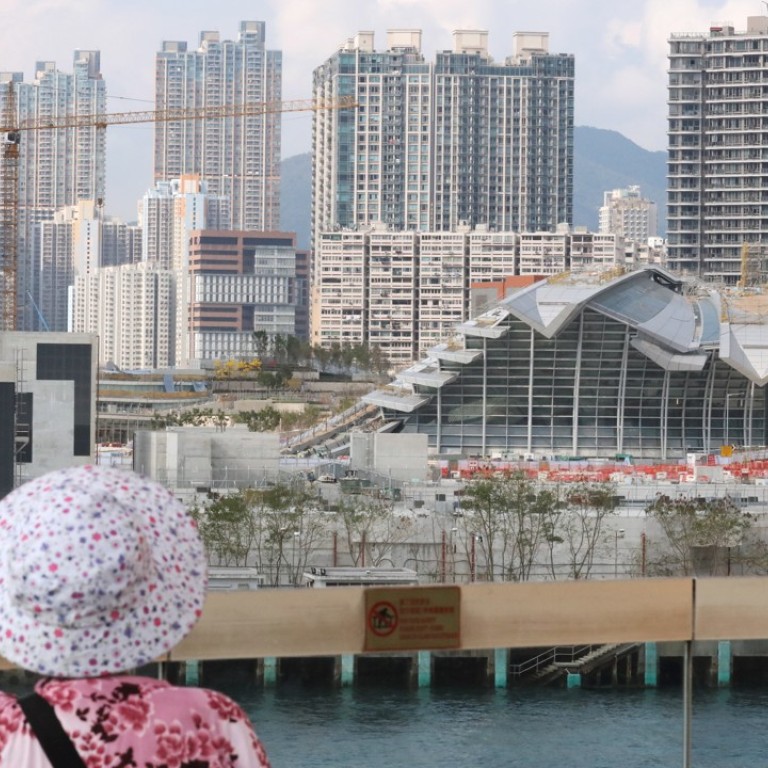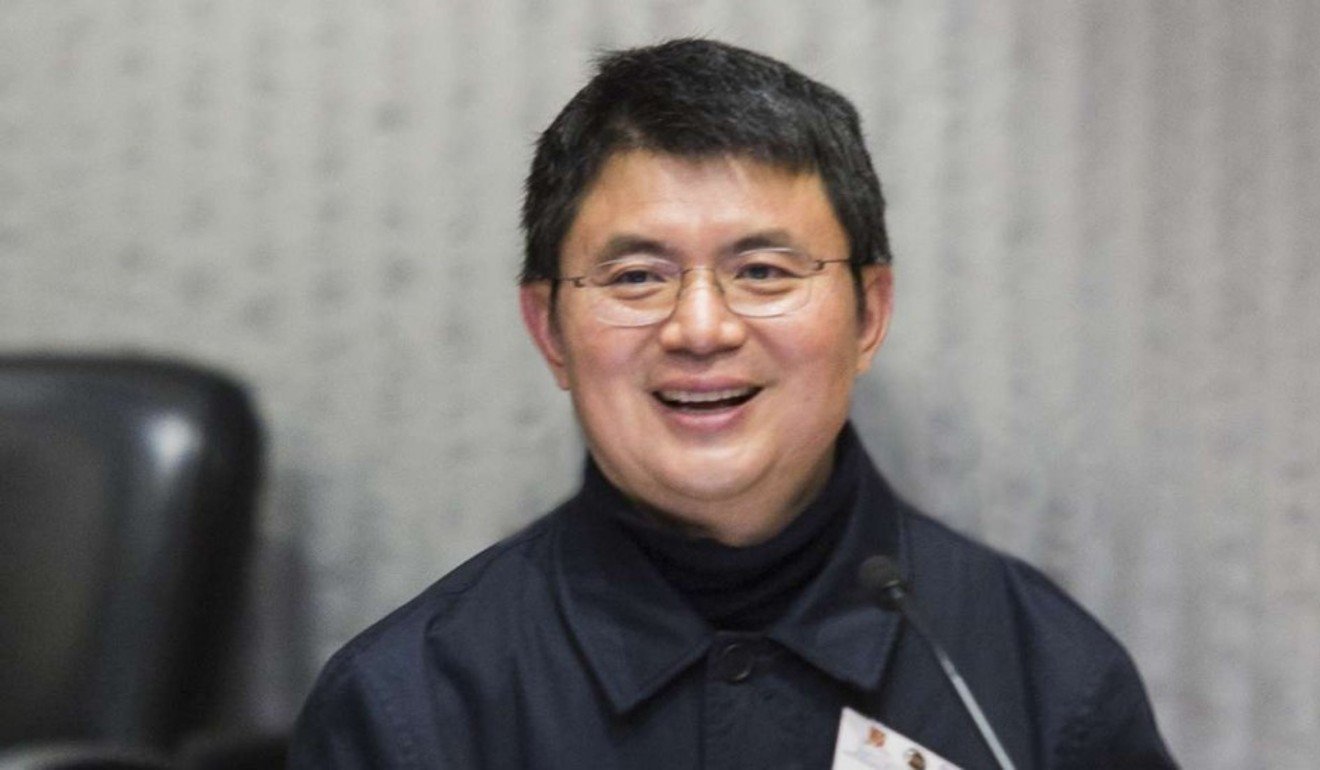
EU concerned over ‘gradual erosion’ of Hong Kong’s autonomy
Issues raised in European Commission report include British activist being refused entry and Chinese businessman going missing from hotel in city
The European Union has voiced concerns over the “gradual erosion” of Hong Kong’s high degree of autonomy as it questioned the implementation of the “one country, two systems” policy in its latest report on the city.

The commission report read: “It appears … that this decision was taken by Beijing on the basis of its competence in ‘foreign affairs’. This raised questions about the implementation of the one country two systems principle, inasmuch as, under the Basic Law, immigration falls under the remit of Hong Kong.”
One country, two systems is the model under which Beijing governs Hong Kong.
On Xiao’s “ alleged abduction”, the report said it raised “concern that mainland security forces may be operating on Hong Kong soil”.

The arrangement grants Beijing almost full jurisdiction in the designated port area “leased” to the mainland by Hong Kong. The report noted that “questions have been raised about the compatibility of this co-location arrangement with the one country, two systems principle”.
Regarding political developments in the city, the report said that “groups calling for self-determination … or outright independence … have been weakened” and “calls for independence have faded”. But it did not say what had caused the decline.
While the report agreed that Hong Kong’s media enjoyed a high level of freedom, it noted that there had been rising concern about “its limits in relation to the sensitive issue of calls for self-determination or independence”.
The report noted that Reporters Without Borders downgraded Hong Kong by four places to 73rd on its press freedom index in 2017 – a historic low – and that the annual report by the Hong Kong Journalists Association also said that self-censorship was getting worse.
Public fears pressure from Beijing is leading to end of press freedom in Hong Kong
In response, a spokesman for the Hong Kong government said: “Since the return to the motherland, [Hong Kong] has been exercising a high degree of autonomy and ‘Hong Kong people administering Hong Kong’ in strict accordance with the Basic Law.
“This demonstrates the full and successful implementation of the one country, two systems principle, which has been widely recognised by the international community.
“Foreign institutions should not interfere in any form in the internal affairs of [Hong Kong].”

